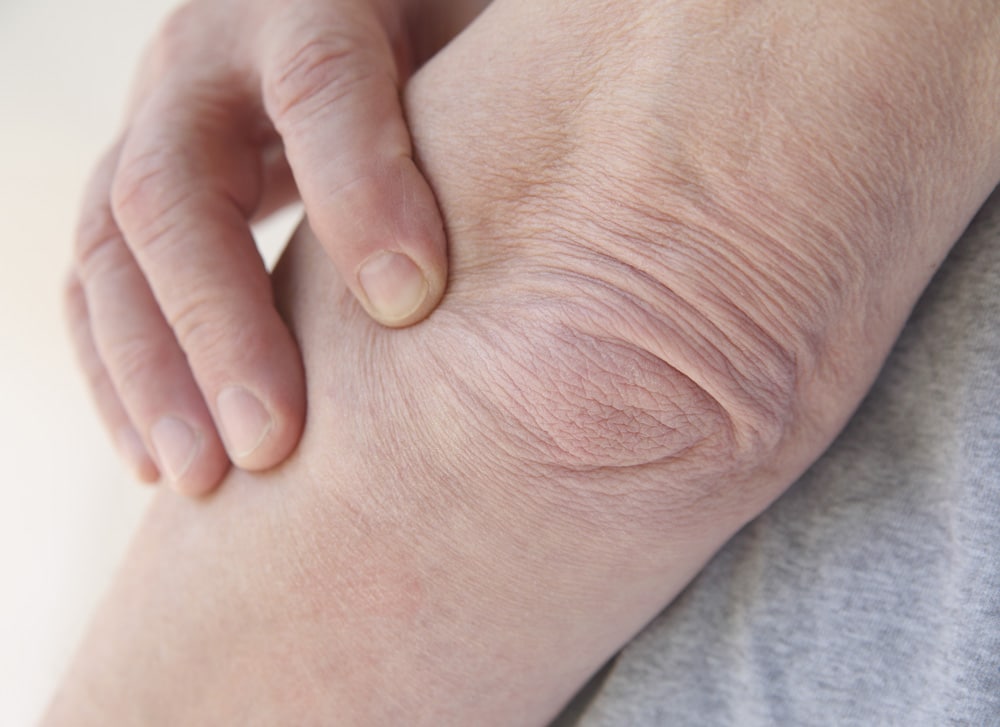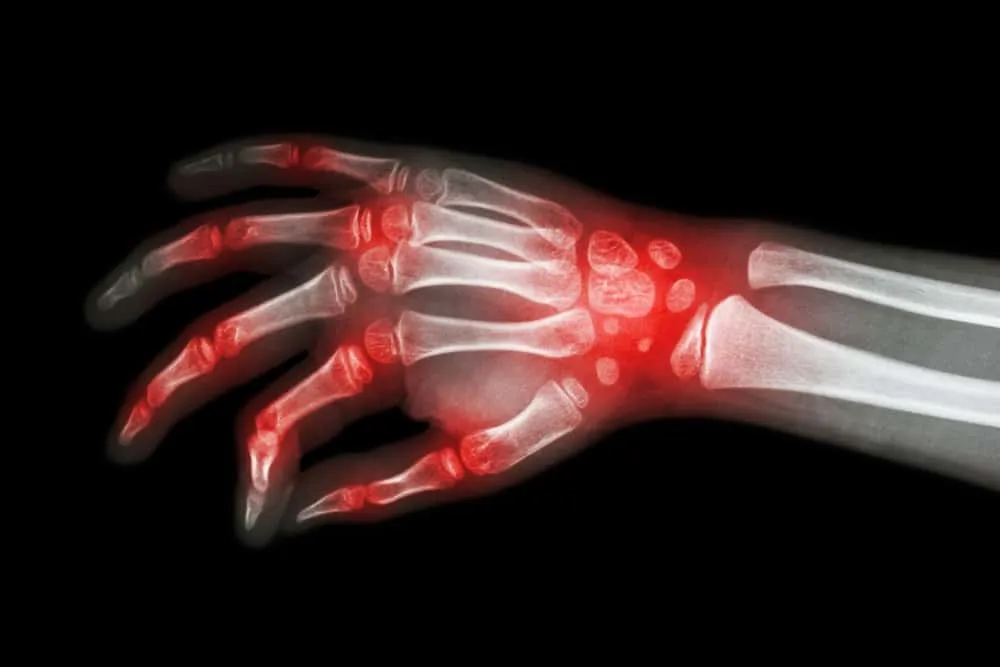Managing Morning Stiffness: How Biologics Support Daily Life for Rheumatoid Arthritis Patients
If you’re living with rheumatoid arthritis (RA), mornings can often feel like the most challenging part of your day.
Waking up to stiff, painful joints that refuse to cooperate can make even the simplest tasks, such as buttoning a shirt or turning a doorknob, feel overwhelming.
While this struggle is common among people with RA, the encouraging news is that by understanding why morning stiffness happens and learning strategies to manage it, you can take steps toward reclaiming your mornings and improving your quality of life.
What Causes Morning Stiffness in Rheumatoid Arthritis?
Morning stiffness is one of the hallmark symptoms of rheumatoid arthritis, and it’s far more than just feeling a little creaky when you wake up. For many people living with RA, stiffness can linger for an hour or longer, making it difficult to begin the day with confidence and independence.
This frustrating symptom is driven by inflammation. While your body rests at night, inflammatory fluids can build up around affected joints. At the same time, your immune system, mistakenly attacking your joint tissue, remains active, fueling swelling and stiffness that often peak in the early morning hours.
To make matters worse, your body naturally produces lower levels of cortisol, a hormone that helps control inflammation, during the night. With less of this natural protection available, the impact of RA inflammation is felt most intensely when you first open your eyes.

The Cooler Weather Connection
As temperatures drop and cooler weather sets in, you may notice your morning stiffness becoming even more challenging.
Cold weather can cause muscles to tense up and reduce blood flow to your joints, compounding the inflammation that’s already present.
The barometric pressure changes that often accompany weather shifts may also affect how your joints feel, although researchers are still working to understand this connection fully. What’s clear is that many RA patients report feeling worse during fall and winter months, making effective management strategies even more critical.
How Biologic Therapies Address the Root Cause
While traditional disease-modifying antirheumatic drugs (DMARDs) have helped many RA patients, biologic therapies represent a significant advancement in treating rheumatoid arthritis at its source. Unlike medications that broadly suppress your immune system, biologics work by targeting specific proteins and cells that drive the inflammatory process in RA.
By interrupting these specific pathways, biologics help reduce the underlying inflammation that causes your morning stiffness, joint pain, and long-term joint damage.
For many patients, biologic therapy has been truly life-changing. Instead of facing hours of stiffness each morning, you may find that the discomfort eases within minutes, making it easier to get out of bed, prepare breakfast, and start your day with less struggle.
As mobility improves, everyday routines feel more manageable, and many people even return to activities they thought were gone for good, such as gardening, taking a walk, or playing with their pets or grandchildren.
But beyond relieving symptoms, biologics also help slow the progression of RA itself, protecting your joints from long-term damage and preserving your independence.

Practical Tips for Managing Morning Stiffness
While biologic therapy can make a tremendous difference, combining medication with practical daily strategies can help you feel your best:
Start Your Day with Gentle Movement
Before getting out of bed, try gentle range-of-motion exercises to help loosen up your muscles.
Slowly flex and extend your fingers, rotate your wrists, and make circles with your ankles. This helps get your synovial fluid—your joints’ natural lubricant—moving and can ease stiffness before you stand up.
Embrace Heat Therapy
A warm shower or bath in the morning can work wonders for loosening stiff joints.
If showering first thing isn’t practical, try placing warm, moist compresses on particularly stiff joints while you’re still in bed, or use a heating pad while you have your morning coffee.
Practice Mindful Pacing
Resist the urge to rush through your morning routine; instead, allow yourself extra time to complete tasks at a comfortable pace.
If you’re having a particularly stiff morning, it’s okay to prioritize the essential tasks and save others for later when your joints have loosened up.
Keep Your Bedroom Warm
Set your thermostat to maintain a comfortable temperature overnight, especially during cooler months. Some patients find that wearing light gloves or socks to bed helps keep their hands and feet warmer during the night, which in turn results in less morning stiffness.
Stay Consistent with Medication
Take your medications exactly as prescribed, at the same time each day.
Consistency helps maintain steady levels of medication in your system, providing more reliable symptom control.

Talk to Your Doctor About Biologic Therapy
If morning stiffness is interfering with your daily life, it may be time to have an open conversation with your rheumatologist.
While biologic therapy has helped many people with RA, it isn’t the right choice for everyone. Your doctor will consider your overall health, the severity of your disease, other medications you’re taking, and your lifestyle before recommending the best treatment plan for you.
When you meet, be prepared to share details such as how long your stiffness typically lasts, which joints are most affected, and how these symptoms impact your daily activities.
Most importantly, remember that managing RA is a partnership between you and your healthcare team. With the right combination of medication, lifestyle strategies, and support, you can reclaim your mornings, safeguard your long-term health, and look forward to better days ahead.
